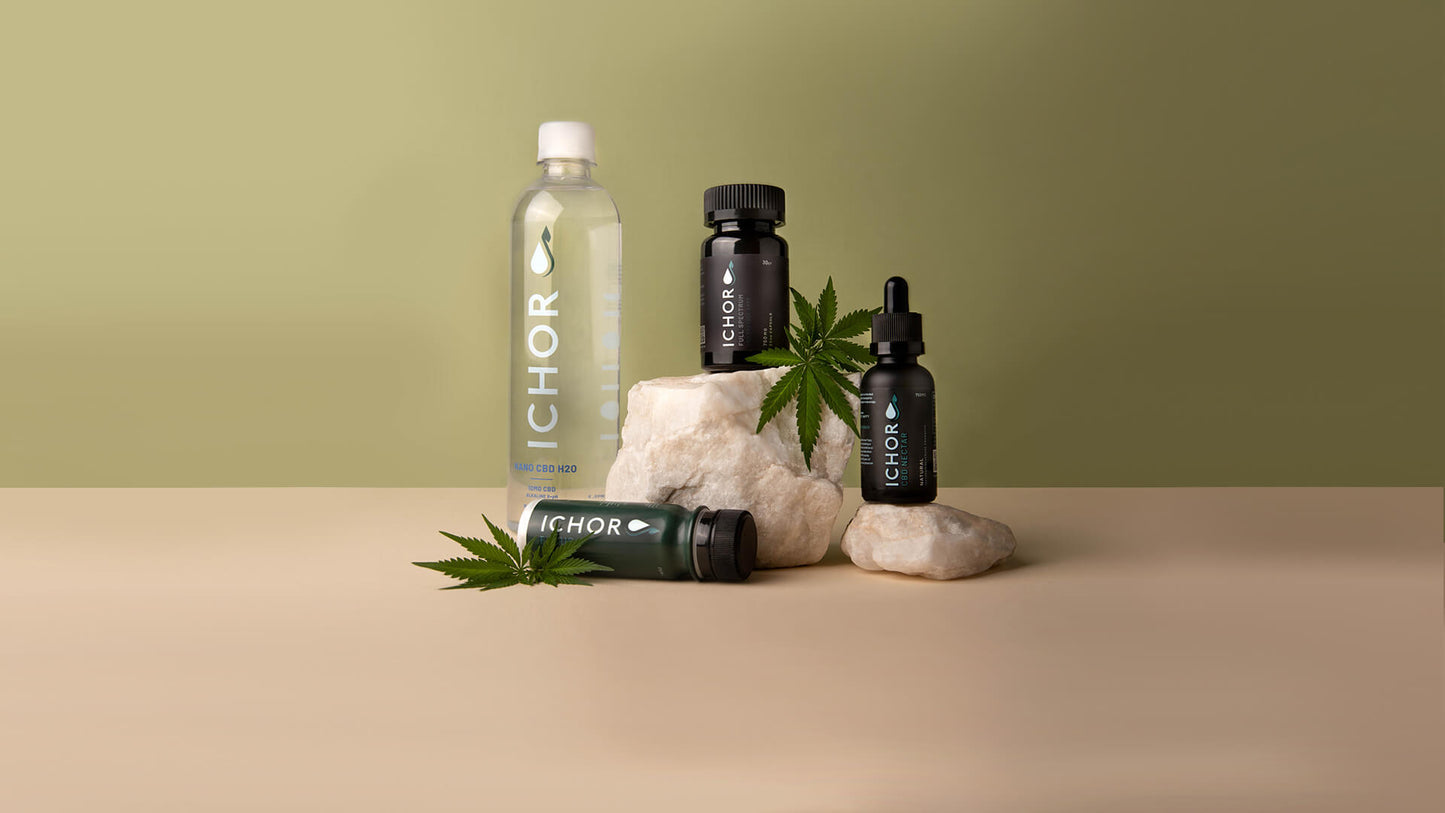
A lot of people have questions surrounding a substance before consuming it. When you put something into your body and incorporate it into your everyday life, you want to make sure there are no negative effects or potential dangers hiding in the shadows. And if you’re one of the many cautious people out there, you have a right to be! The body you have is the only one that you get, and therefore you want to make sure to take care of it the best way you know how. That’s why we’re here to answer the big question that many have before consuming CBD – is it addictive?
The short answer is no, CBD is not addictive. This is because of one main reason – you do not experience withdrawal symptoms after discontinuing the use of it. The longer answer has more to do with what’s inside CBD – or rather, what’s not.
A big portion of society still equates CBD and hemp with marijuana, when it’s simply not the case. Marijuana users have the potential to develop an addiction because of the THC that’s present – it provides the user with a ‘high’ and therefore, can create a sense of dependence on this altered state of consciousness. This psychoactive component, THC, is not present (or very greatly reduced) in commercial CBD and hemp extract products. There is no data linked to public health problems related to CBD, or effects that show evidence of abuse or dependence.
Though addiction isn’t on the table, it is possible to build up a tolerance for CBD. No matter what type you consume, whether it be nano CBD, broad spectrum hemp or full spectrum hemp extract, your body has the propensity to get used to a certain amount that you take every day. Because of this, you might need to increase your dosage over time in order to continue to experience the same benefits that a smaller dose once provided.
Though you may not feel withdrawal when discontinuing CBD, there is the probability that you will no longer experience the benefits that come along with it. These benefits include (but are not limited to) anxiety relief*, insomnia relief*, appetite stimulation*, and chronic pain relief*. If you stop taking CBD, these negative feelings could come back because of the lack of CBD in your system. To be clear, though, these do not count as ‘withdrawal symptoms.’ There is no physical dependence on the chemical itself, instead your body is experiencing a lack of benefits.
As with any new substance you’re putting into your body or adding to your diet, it’s always a good idea to start small and gauge the effects before increasing your dosage. Allow your body to get used to CBD consumption before biting off more than you can chew.
And if you feel unsure about incorporating CBD into your life, talk to your doctor about any concerns you may have. It’s always smart to be safe and feel comfortable with what’s going in your body.
* These statements have not been evaluated by the Food and Drug Administration. ICHOR products are not intended to diagnose, treat, cure or prevent any disease.

